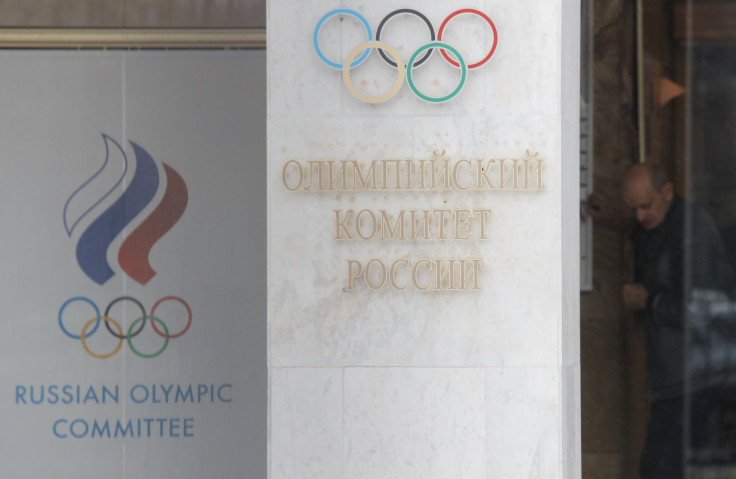Russia banned from Pyeongchang 2018 Winter Olympics for anti-doping rules manipulation

Russia has been banned from competing in the 2018 Winter Olympics in South Korea effective immediately. On Tuesday, the International Olympic Committee cited the country’s “systemic manipulation” of anti-doping rules as the cause.
The ban will be lifted to Russian athletes who can prove that they are clean. They will be invited under strict conditions, and they will participate under the name “Olympic Athlete from Russia (OAR)” and bear the Olympic flag.
IOC also decided not to accredit any official from the Russian Ministry of Sport for the upcoming games. Former Minister of Sport Vitaly Mutko and former Deputy Minister Yuri Nagornyk are excluded from participation in all future Olympic Games. Dmitry Chernyshenko, the former CEO of the Organising Committee Sochi 2014, will also be withdrawn from the Coordination Commission Beijing 2022, and Russian Olympic Committee (ROC) President Alexander Zhukov will be suspended as an IOC member.
Zhukov has since apologised for “violations of anti-doping rules committed in our country.” He was suspended on Tuesday. Russian officials, meanwhile, has been persistent in saying the problem was not systemic or sanctioned by the government.
The international committee also wants ROC to reimburse the costs of the investigations and to contribute to the establishment of the Independent Testing Authority (ITA), with the total sum amounting to US$15 million (AU$19.80 million).
The decision to ban the country was a result of the findings of the Schmid report, the commission led by former President of Switzerland Samuel Schmid. The investigation addressed the “systematic manipulation of the anti-doping system in Russia,” particularly in the manipulation at the anti-doping laboratory at the Olympic Winter Games Sochi 2014.
It ran for over 17 months, looking into evidence and information proving the Russian government and authorities played a part in covering up the doping of their athletes in the 2014 Olympics in the country.
IOC President Thomas Bach said Russia’s doping cover-up was an attack on the integrity of the games and sports. He acknowledged that the ban will affect “clean” athletes as well.
“As an athlete myself, I feel very sorry for all the clean athletes from all NOCs who are suffering from this manipulation. Working with the IOC Athletes’ Commission, we will now look for opportunities to make up for the moments they have missed on the finish line or on the podium,” he said.
A number of Russian politicians have now demanded that the country avoid the Winter Games entirely. Some want the decision to come from the individual athletes, though, as they could still compete as individuals in the Pyeongchang 2018 games.
“The question now is to participate using this status, or not,” Aleksei Durnovo, sports commentator on a local radio station, said in an interview (via the NY Times). “Some people think it’s humiliation to participate like this, others that we should, to allow the athletes an opportunity to compete.”





















